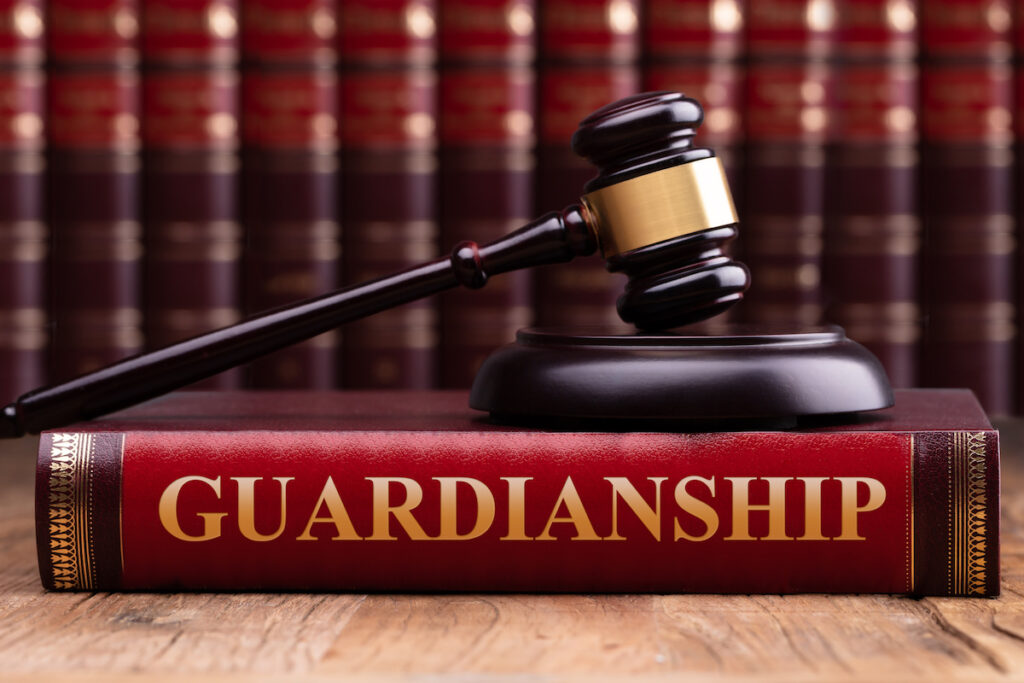Admittedly, no one makes a suitable substitute for you as a parent. Nevertheless, a guardian steps in when you pass away to assume your parental role and raise your minor child through legal adulthood. Conversely, a trustee manages the financial legacy you leave behind for your minor child. As a parent, you need to consider the skills and characteristics each role requires to ensure that you nominate the right people for the benefit of your child and their inheritance.
Category Archives: Guardianship
A conservatorship is a court-ordered arrangement that gives one person (or multiple people), called a conservator, legal authority to manage the affairs of another person, known as a conservatee or ward. Conservatees are often children. Incapacitated adults and those with developmental or age-related disabilities often enter conservatorship.
When creating a trust, you can include specific provisions in your trust agreement that will either encourage or discourage certain kinds of behavior.
Is everything the same today as when you signed your will, trust agreement, and other estate planning documents? If not, then take steps to make sure your estate plan reflects those changes.
Most people think disability affects other people. However, approximately 61 million U.S. adults live with a disability. That translates to one in four adults. What’s more, between one and four 20-year-olds become disabled before reaching retirement age.
Whether you filed for Chapter 7 or Chapter 13 bankruptcy, assume that you own less money and property than before the bankruptcy. However, during the bankruptcy process, the court reports certain accounts and pieces of property under a federal or state exemption.
As professional advisors, we spend hours with our clients. In fact, we grow familiar with their most personal details. Listening intently and helping our clients achieve financial and tax planning goals creates a natural closeness between clients and advisors.
Planning and asset protection ensures you or your loved one will receive the care they need.
If something happens, a successor trustee you previously selected steps in without court involvement. In such a case, they manage the trust on your behalf. You can also designate what happens to the trust’s money and property at your death.
Or, you could manage their financial affairs as a conservator. This takes time and money. It also involves public testimony and evaluations about your parents’ health and living situation.











